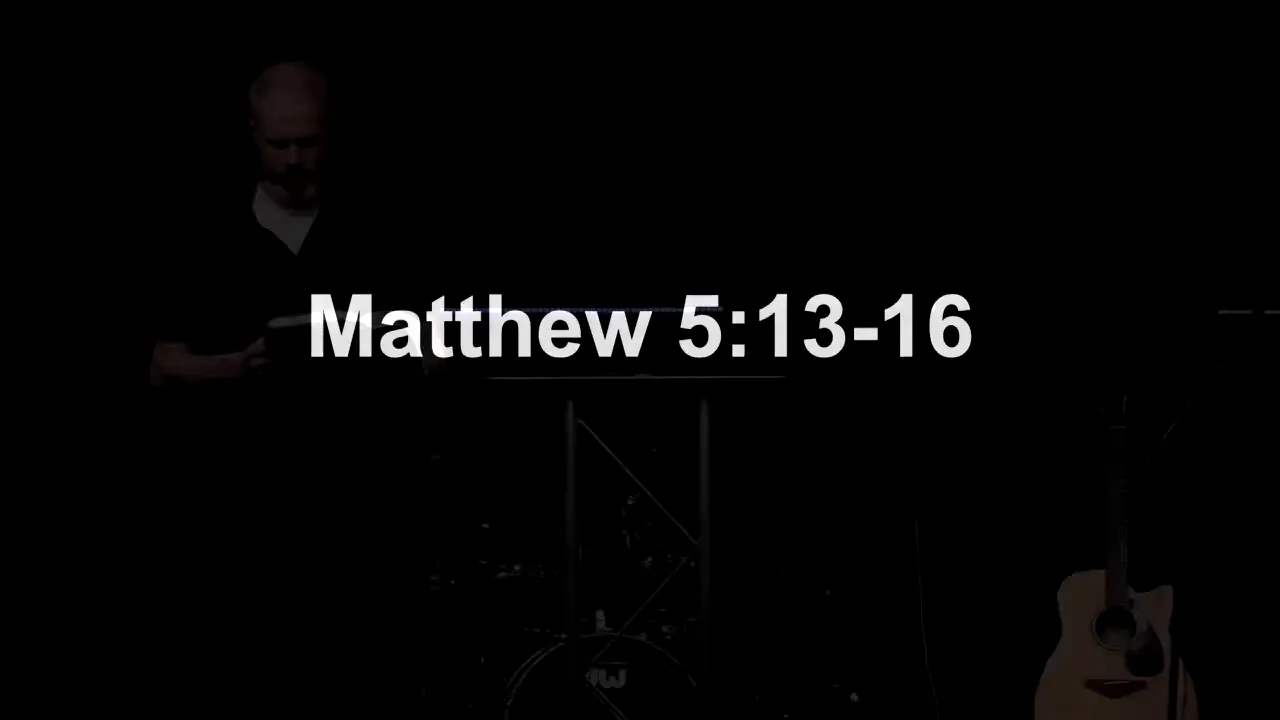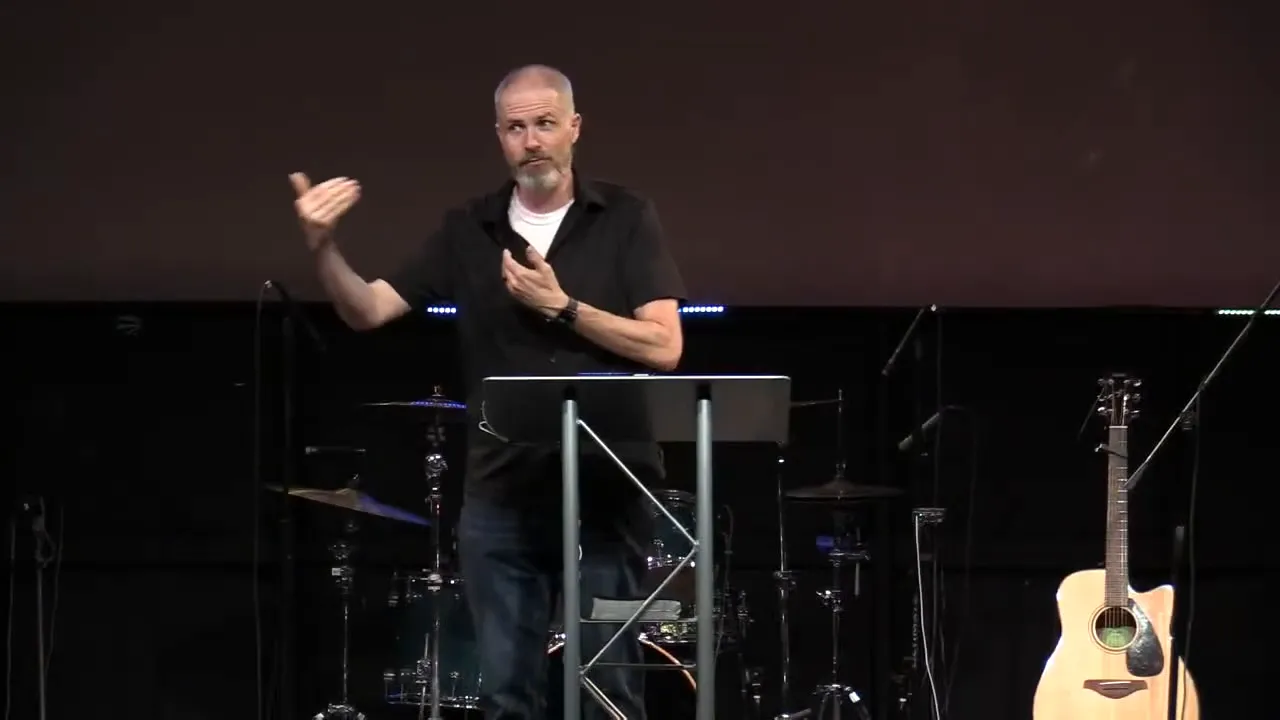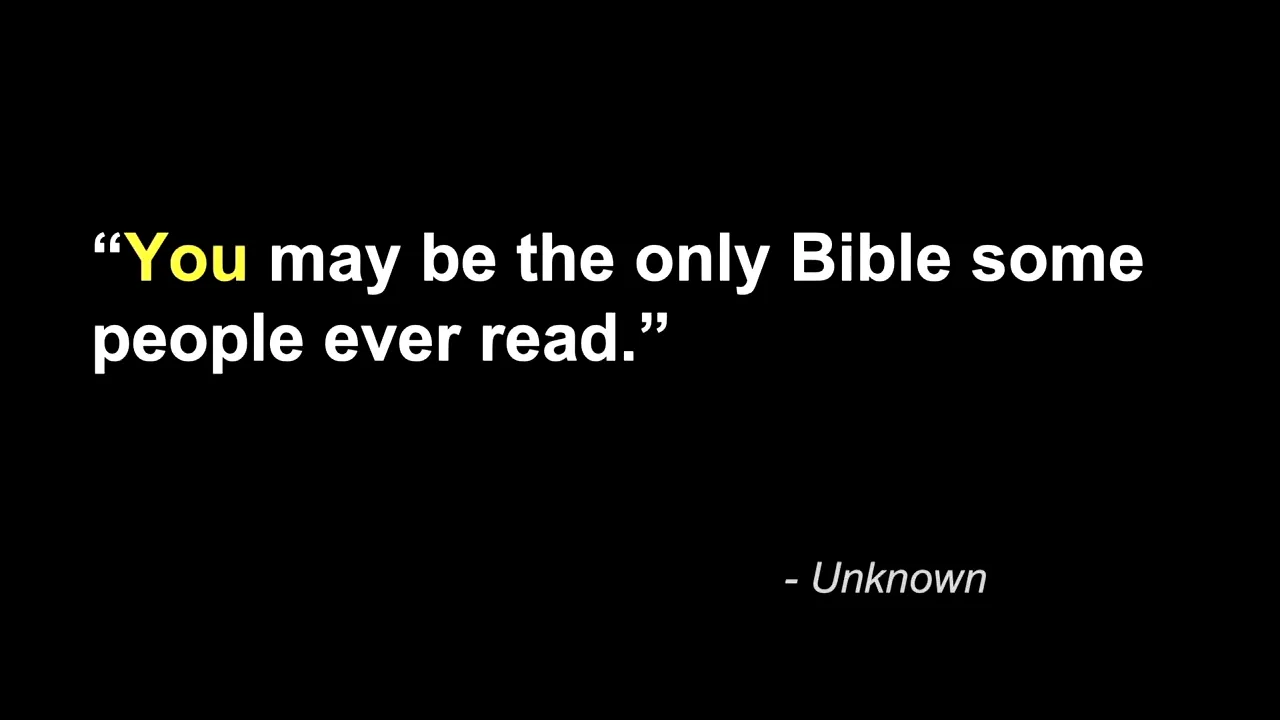The Power of Salt and Light: Bringing Goodness to a Broken World
In our daily lives, especially as the seasons change, we often find ourselves reflecting on the beauty of connection. The warmth of summer invites gatherings with family and friends, where conversations flow freely—sometimes about lighthearted topics, and other times about the profound issues that shape our world. But what happens when these conversations tread into controversial waters? This article aims to explore the delicate balance of sharing our faith, the importance of good deeds, and how we can let our light shine in a world that often prefers darkness.
Summer Escapes and Conversations
As summer approaches, many of us think about picnics, barbecues, and outings in the park. It's a time for joy, laughter, and reconnecting with loved ones. However, it's also a time when we encounter discussions that can become heated. I recall a recent dinner where a nearby table was animatedly discussing solutions to the longstanding issues in the Middle East. Their confidence was striking, but it also sparked a moment of human connection between a stranger and me. We exchanged glances, silently acknowledging the absurdity of the situation. It made me reflect on the unspoken rules of conversation—particularly the big three topics that are often deemed off-limits: money, politics, and religion.
Public Faith vs. Private Belief
Why are these topics considered taboo? Money can be sensitive, as it touches on personal worth and societal status. Politics is often divisive, leading to fiery debates that can fracture relationships. Religion, however, is often labeled as a private matter. "Your faith is private," we hear, and we're encouraged to keep discussions about our beliefs to ourselves. Yet, while we can openly discuss values like justice and truth, mentioning Jesus can elicit a starkly different response. Why is that?
Jesus had a different vision for our faith. He didn't intend for our beliefs to be hidden away. Instead, He encouraged us to be confident in our trust in Him and to let our light shine in the world. This brings us to the heart of the matter: how can we live authentically and share our faith in a way that glorifies God rather than ourselves?
Authentic Goodness Over Image
In our culture, there's a tendency to equate good deeds with self-promotion. We often see organizations and individuals using acts of kindness as a means to boost their image. However, Jesus' teachings remind us that our good works should not be about seeking recognition but about reflecting God's goodness. C.S. Lewis articulated this beautifully, stating that we do good not to earn God's love but because we are transformed by it.
"The Christian does not think God will love us because we are good, but that God will make us good because He loves us."
This shift in perspective is crucial. When we understand that our goodness is not a product of our efforts but rather a reflection of God's love within us, we are freed from the pressure of performance. Our good deeds become an expression of gratitude, a way to bless others rather than a means to elevate ourselves.
From Shareware to Open Source
Jesus' teachings can be likened to the evolution of software from shareware to open source. Initially, software was restrictive, available only to those who could afford it. However, open source changed the game, making valuable resources accessible to everyone. In a similar vein, Jesus democratized faith, ensuring that it was available to all, regardless of status or background. His teachings on salt and light illustrate this beautifully.
In Matthew 5:13-16, Jesus tells His disciples, "You are the salt of the earth." Salt has two primary functions: it preserves and enhances flavor. If salt loses its saltiness, it becomes worthless. Likewise, if we lose our purpose as followers of Christ, we fail to fulfill our role in the world. We are called to preserve goodness and enrich the lives of those around us.

Then, Jesus states, "You are the light of the world." Light is meant to be seen, not hidden away. Just as a city on a hill cannot be concealed, our good deeds should shine brightly for all to see. The purpose of our actions is to point others to God, not to ourselves.
Bringing Light into Daily Life
So how do we actively bring light into our daily lives? It begins with intentionality. Whether at work, home, or among friends, we can seek opportunities to illuminate dark situations. This could mean offering a listening ear, providing encouragement, or simply being present for someone in need.
As busy parents, it can feel challenging to find time to serve others. However, we must recognize that we don't always need to create new opportunities; we can bring light into existing moments. For instance, during family meals, we can engage in meaningful conversations, share our experiences, and pray together. These small acts of goodness can have a profound impact on those around us.

If you're struggling with your faith, remember that you are still capable of reflecting Christ's light. Even if you feel uncertain, your willingness to engage in acts of goodness can be a powerful testament to God's love. Authenticity often resonates more than certainty. Don't be afraid to let Jesus work through you, even in your moments of doubt.
Course Correction with Divine Guidance
Life is full of course corrections. Just as pilots must adjust their flight paths, we too must be willing to realign ourselves with God's purpose. This can be as simple as taking a moment to listen to God's voice, whether through prayer, scripture, or the counsel of friends. Recognizing when we are off course is vital to our spiritual journey.
One of the most striking analogies I encountered was about hypoxia—a condition in which a pilot loses consciousness due to lack of oxygen at high altitudes. It's a stark reminder of the importance of staying grounded and aware of our spiritual health. We must be attuned to the signs that indicate we need to adjust our course and seek God’s guidance.
When we find ourselves losing our saltiness or hiding our light, we are called to course correct. Jesus invites us to continually realign ourselves with His teachings and to engage in acts of goodness that reflect His love.
Shine Light Through Acts of Goodness
As we navigate our daily lives, let’s remember that we may be the only Bible some people ever read. Our actions can speak volumes, and we have the opportunity to let our light shine brightly. This week, consider how you can intentionally perform acts of goodness in your neighborhood, workplace, or among friends. Simple gestures like writing a note of encouragement, praying for someone, or just asking how someone is doing can make a significant difference.

In conclusion, while the world may often seek louder opinions, what it truly needs is brighter lives. Let us embrace the call to let our light shine and to reflect God's goodness in all that we do. As we engage in authentic acts of kindness, we not only bless those around us but also glorify our Heavenly Father.
Join us at Coffee Creek Church as we continue to explore these themes and encourage one another in our journey of faith. We gather every Sunday at 11 AM, both in person and online. Let’s carry the light of Christ into the world, making it a brighter place for all.
